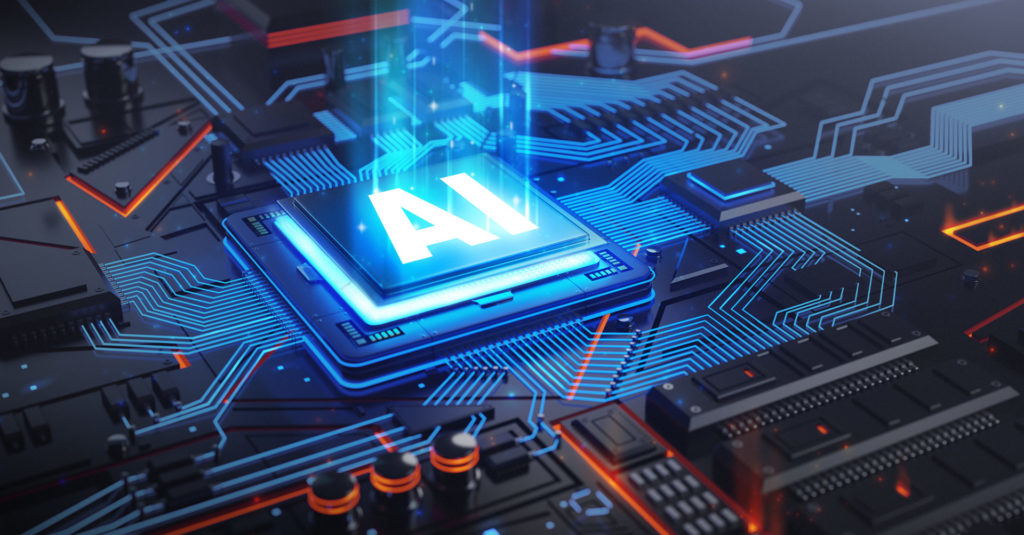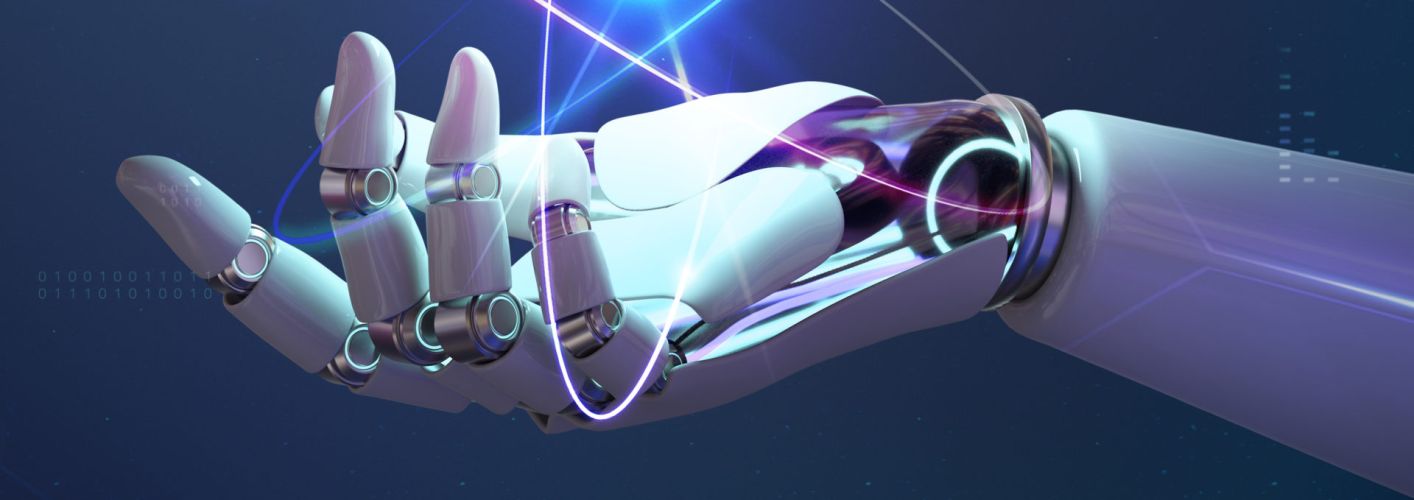
Technologies that Will Shape the Future
In the coming decades, we will witness the emergence of new incredible and terrifying technologies. As you know, humanity has always been afraid of such innovations as electricity, trains, and cars. But at the same time, it isn’t easy to imagine progress without technology and innovation. Let’s take a look at some of the new technologies that scare us. Some of them follow. And some of them are already changing our world.
Cryonics
Cryonics may sound like very science fiction, but it already exists. There are companies that freeze you as soon as you die so that you can come back to life when technology and medicine are mature enough. The technology for freezing people is not yet perfect, and there may be permanent damage that will never be repaired, but it is improving every year. On the other hand, the technology for defrosting people does not yet exist. Maybe cryonics won’t work. Perhaps the people who are currently frozen have suffered irreparable damage. But they made a win-win bet. However, there is a serious problem. Hibernation isn’t cheap. As cryonics becomes socially acceptable, more and more wealthy people will freeze themselves. Then the middle class will come. What about low-income people?
We used to say that when we die, we are all the same, rich and poor. However, perhaps this is no longer the case because soon only the poor will die.
AI Decision-Makers
Have you ever sat in your room and spent hours pondering a solution? Do you ever regret decisions? Have you ever made a good decision, but you don’t like it because you think about what you have lost without choosing an alternative Google and Facebook know you more than you think. Maybe one day they’ll make decisions on your behalf. You will no longer need to make decisions: AI will make every decision for you, such as which job to choose, whom to meet, and what to eat for lunch. Society evolves together with technologies, and the concept of free will won’t be relevant in the future.
Artist AI
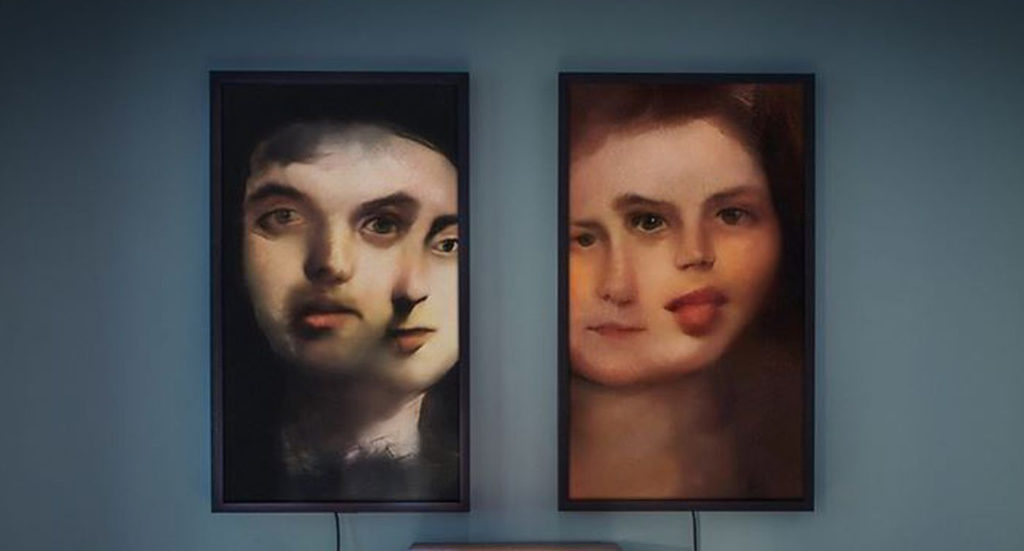
In 2018, the Generative Adversarial Network’s painting was sold at an auction for $432,500. GAN – is a creative AI. Most people claim that art should only be a human thing since machines lack a “soul”, but in many cases, they can’t even tell whether a piece of art has been created by a human or a machine. We are now used to seeing AI getting better than us at everything. AI is better than us at detecting cancer. AI is better than us at playing chess. The negative side is that, most probably, human artists won’t be able to compete with AI.
Nano-Robots

Nano robots or nanites will surround us everywhere one day. They will have swarm intelligence and be able to replicate and adapt. They could be used for various aims, for example, to clean the environment, help cure illnesses, control the weather, and do many other challenging things. Even though a decentralized system would be more resilient than a centralized one, some virus could easily destroy just about anything. Hacking will always be an issue. But one thing is hacking a bank account, and another is hacking the air, the ocean, the buildings, human bodies. So, nano-robots would require a very high-security system.
Designer Babies
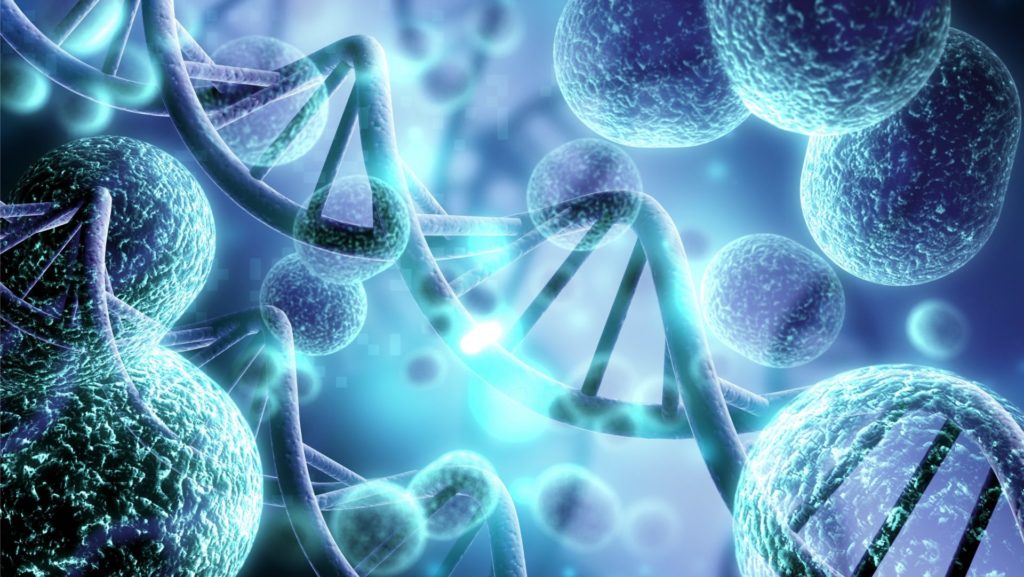
Genetic editing is the process of making changes to the genetic code (DNA). In the case of ‘designer babies,’ this is done either by removing small sections of the existing genome or by introducing new segments of DNA into the genome. Our advances in understanding the genetic code will allow us soon to program and design babies. The purpose of designer babies is to create genetically strong humans with the desired features and without any diseases. This sounds so fascinating but messing with genes is commonly referred to as “playing God”.
Designer babies will likely bring another class problem that is way worse than the racial one.
What is controversial?
Genetic editing in humans is a controversial topic, but not all forms of human genetic manipulation are in question. But the problem arises when there are no limits. Gene-editing can be performed on both somatic cells and germ (stem) cells, and both these cell types offer very different results. Another thing is that we do not have much information about the long-term effect of genome editing. Many of the variables involved with this are not understood. However, altering one gene on a germ cell may have unintended effects on other genes or on different characteristics of the body.
Immersive Reality
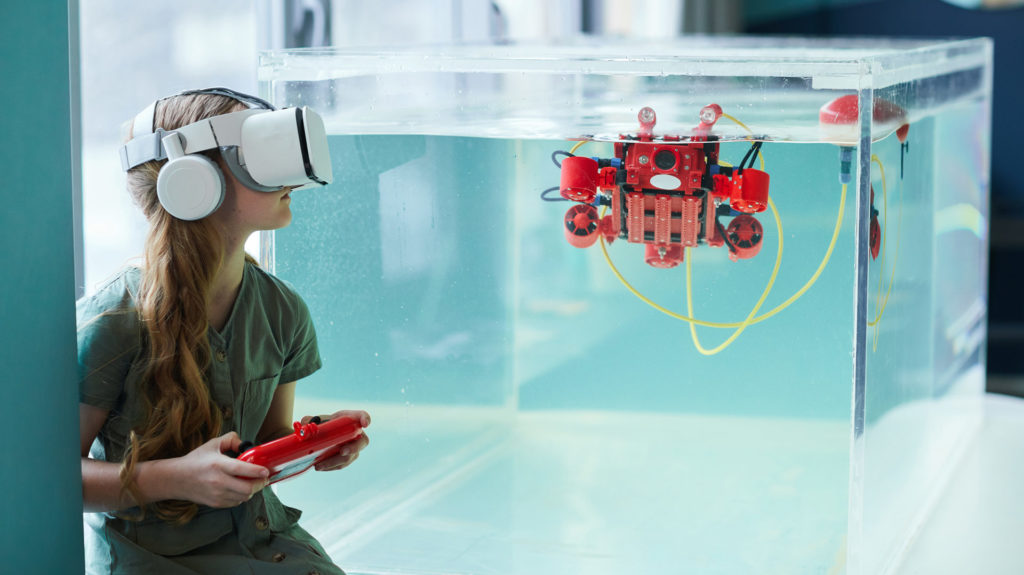
“Immersion” is a commonly used word, it originates from the area of moving pictures/film. The word “immersion” is used to refer to the act of completely immersing oneself in or diving into an artificial world. In the context of virtual reality, “immersion” is the condition in which users lose awareness of the fact that they are in an artificial world. In other words, IR directly manipulates your brain waves to create experiences. IR used in video games could make people lose touch with reality. It would inevitably make them spend more time in IR than in actual reality.
Artificial General Intelligence
Artificial General Intelligence (AGI) is the last invention we will ever need to make. When an AGI will be created, it will inevitably improve itself by becoming more intelligent. At some point, it will become an Artificial Super Intelligence (ASI). So humankind will need to deal with a being so intelligent that we would be like ants to it. So we risk the ASI will build a utopia for us or drive us towards extinction. Some people believe AGI will not gain self-consciousness because intelligence and consciousness are two separate things. Others believe that an AGI could gain self-consciousness and one day get out of human control. The risks of AGI are yet another thing that can’t be explained in a few sentences. But it doesn’t mean that AGI will never be created. Neural networks, for example, have existed since 1943, but they only started to become pervasive in the last 20 years.
These are just some insights and ideas on the most probable scenarios of future technologies and their possible effect on our life. Did you find this list exciting? Share your opinion in our social networks.


